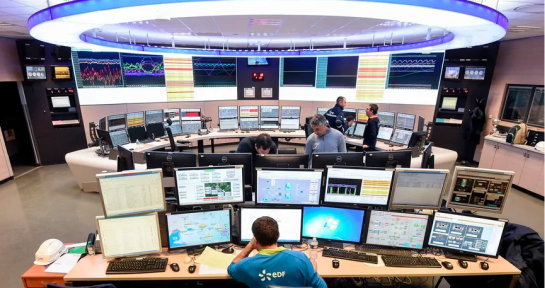
The High Cost of Inaction: Why Energy Suppliers Can’t Afford to Ignore Increasing Customer Requests for Reporting
As sustainability and decarbonization demands intensify in the race to net-zero, energy suppliers, such as utilities and retailers, are at a crossroads. Ignoring these demands is not just about sidestepping regulatory penalties or walking back on goals; it could mean losing the trust of customers, investors, and other stakeholders or missing out on prospective customers. […]
Read more











